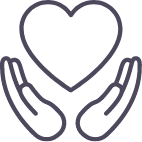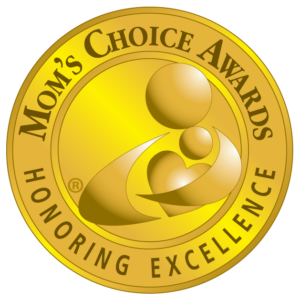Support for Caregivers, Solutions for Leaders
Whether you represent a caregiving organization or you’re focused on care for a family member, Caregiving Kinetics provides services, support, and solutions for you.
We work with groups of family and professional caregivers, and we provide guidance to leaders of caregiving organizations.
We invite you to learn about how we can help you and your care organization by clicking on the relevant link(s) below.
Caregiving Presentations
Our founder, Dr. Aaron Blight, speaks to a wide range of audiences, including professional caregivers, family caregivers, leaders of care organizations, and employee/employer groups.
Resources for Caregivers
Dr. Blight, a caregiving author, has created an array of resources that may be used by family caregivers or by professionals who serve people struggling in family caregiving situations.
Consulting for Organizations, Leaders, & Scholars
As a respected expert, Dr. Blight consults with others who want to improve their caregiving organizations, support or study targeted caregivers, or develop caregiving policy.
We Want You to Know...
We want you to know that at Caregiving Kinetics, we are passionate about helping caregivers and care organizations. We are also totally committed to our clients. Please contact us to discuss how we can help you.
Caring for another is one of the noblest human activities.
It’s also one of the most stressful, posing challenges that can be painful, confusing, and deeply rewarding – sometimes all at once.
When Caregiving Calls is an invitation to a deep conversation about caregiving and its meaning for you.









